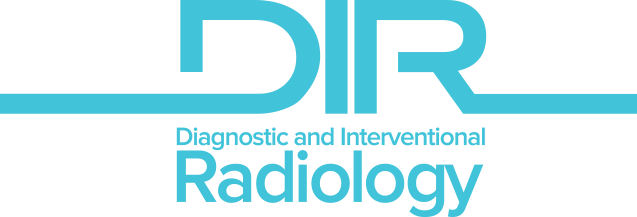ABSTRACT
Although esophageal cancer is not among the common cancers as prostate, lung, breast, or colon malignancies, it has an exceedingly high mortality rate, with its incidence close to the cancer-specific mortality. Currently, the only potentially curative treatment is surgery. Unfortunately, surgical treatment is extensive and may have significant morbidity and mortality related with it. Given these facts, selection of patients who are amenable to surgical treatment is of utmost importance. Conventional morphology based cross-sectional imaging modalities are extremely helpful for pre-surgical evaluation and follow-up of these patients, however, they have very wellknown limitations. Positron emission tomography-computed tomography (PET-CT) is a relatively new, highly promising molecular imaging technique which may overcome some of the fundemental limitations of these conventional cross-sectional modalities in the pre-surgical evaluation and follow-up of these patients. In this review, we evaluated the applications of PET-CT in patients with esophageal cancer.



